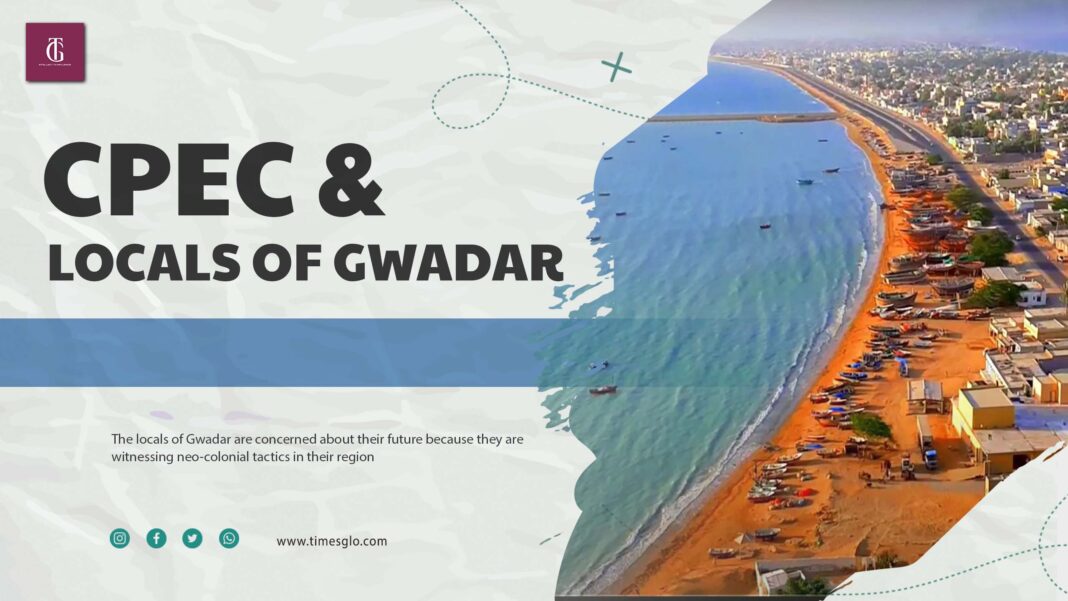CPEC is one of the six economic corridors of the Belt and Road Initiative (BRI) where there are 2600 projects in 139 countries that China has signed and none of these countries has propagated these projects like Pakistan. The total investment of China in CPEC is $62 billion, of which most of the investments are being made in infrastructure projects.
The narratives being built by Pakistani intellectuals that CPEC is a game-changer for Pakistan’s economy is a blessing from Allah to Pakistan. On the other hand, there are voices from local people that say this is another east Indian company for them, but politicians and official intellectuals are neglecting this and say these narratives are negative propaganda by our enemies to fail the CPEC project. Thus, they are busy building the minds of people by presenting the Islamic point of view that Allah is blessing Pakistan through this project.
However, the locals of Gwadar are concerned about their future because they are witnessing neo-colonial tactics in their region. Such acts include fencing Gwadar and isolating it from the rest of Baluchistan for ostensibly security reasons, prohibiting locals from entering Gwadar port, and denying the people of Gwadar basic rights, forcing them to migrate to other cities and villages so that housing schemes for Chinese people can be built in Gwadar.
The people of Baluchistan have been protesting in Gwadar for months for basic rights such as water, electricity, and the return of a missing person, but the government is not interested in listening to them while the Pakistani media sleeps on Baluchistan issues.
Surprisingly, when Siraj ul Haq visited the protest in Gwadar, he blamed everything on the Indians and made the local people confused in this regard. If it is the case that India is involved and is responsible for the current law and order situation in Baluchistan, it raises the question of who is responsible for the provision of basic rights to its people: Pakistan or India? The locals of Gwadar are worried that, like Hambantota International Port in Sri Lanka, which is owned by China, their future will be the same as in the Cambodian town of Sihanoukville, where all businesses are run by the Chinese population and the locals are being ruled by Chinese elites.
No doubt, if they don’t resist now, their fate will be like that of the Sri Lankan and Cambodians. Therefore, it is the need of the hour for the locals of Baluchistan to be part of movements such as “Baluchistan Ko Haq Do” to raise their voices against the colonial power.
Hairbyar Baloch
Hairbeyar Baloch is from Turbat kech and has dine BS political science from International Islamic university, Islamabad.






